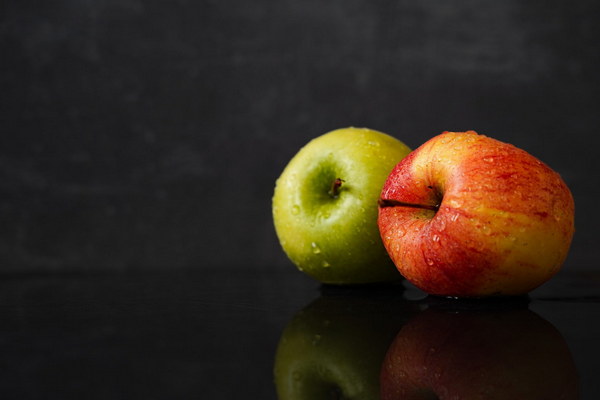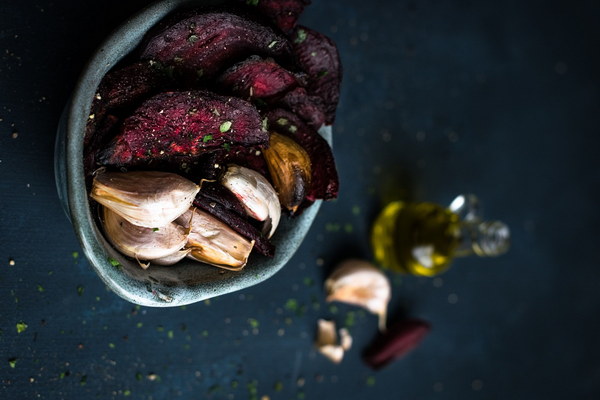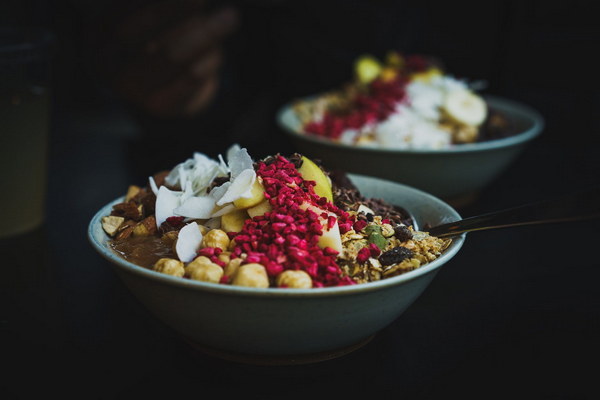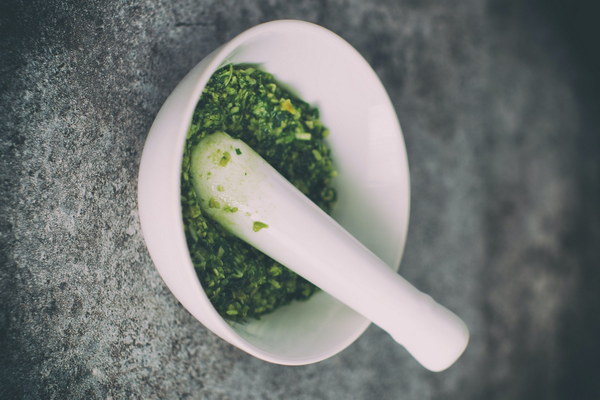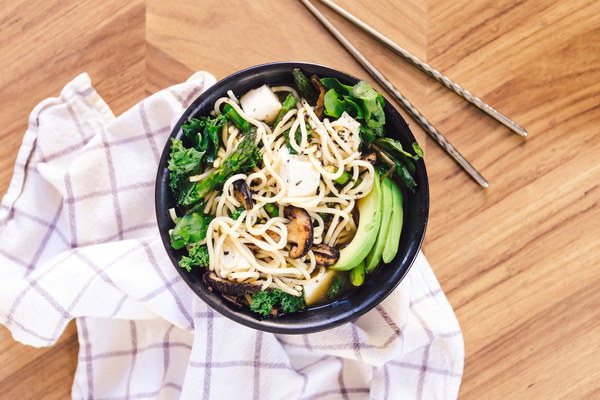How to Choose the Right Chinese Herbal Tonics for Nourishing Qi and Blood
Introduction:
Traditional Chinese medicine (TCM) has long been renowned for its holistic approach to health, with herbal tonics playing a crucial role in balancing and restoring the body's vital energy, or Qi, and blood. Choosing the right herbal tonic can be a daunting task, given the variety of options available. This article aims to provide a comprehensive guide on how to select the most suitable Chinese herbal tonics for nourishing Qi and blood.
Understanding Qi and Blood:
In TCM, Qi is the vital life force that flows through the body, maintaining health and vitality. Blood, on the other hand, is the substance that nourishes the tissues and organs, providing them with oxygen and nutrients. Both Qi and blood are essential for overall health, and when either is deficient, it can lead to various health issues.
Types of Tonics for Qi and Blood:
1. tonics for Qi deficiency:
These tonics are typically used when a person feels weak, tired, and lacks energy. Common ingredients include Astragalus (Astragalus membranaceus) and Codonopsis (Codonopsis pilosula).
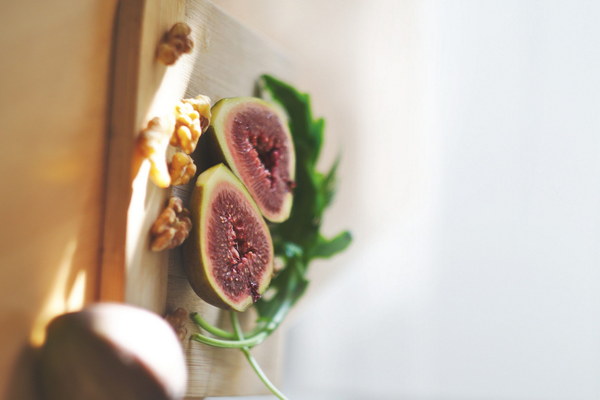
2. Tonics for blood deficiency:
These tonics are suitable for those who experience fatigue, pale skin, dizziness, or menstrual disorders. Ingredients such as Angelica sinensis (Dang Gui), Suan Zao Ren (Sour Jujube Seeds), and Rehmannia glutinosa (Shu Di Huang) are commonly used.
3. Tonics for both Qi and blood deficiency:
For individuals experiencing symptoms of both Qi and blood deficiency, a combination of the above ingredients can be used to restore balance. This category includes tonics like Four Spleen Teas (Bai Zi Ren, Ren Shen, Bai Zhu, and Fu Ling) and Rehmannia Combination (Shen Qu, Ren Shen, and Shu Di Huang).
Factors to Consider When Choosing a Tonic:
1. Symptoms:
Identify whether your symptoms are primarily due to Qi deficiency, blood deficiency, or both. This will help narrow down the appropriate herbal formula.
2. TCM Diagnosis:
Consult with a qualified TCM practitioner who can provide a personalized diagnosis and recommend the most suitable herbal tonic based on your specific condition.
3. Quality of the Herbs:
Ensure that the herbs used in the tonic are of high quality, organically grown, and processed properly. This is crucial for the effectiveness of the tonic.
4. Dosage and Administration:
Follow the recommended dosage and method of administration provided by the manufacturer or your TCM practitioner. Some tonics are available in capsule form, while others may need to be prepared as a decoction.
5. Possible Side Effects:
Some herbal tonics may interact with other medications or have side effects. It is important to discuss your medical history with your practitioner to avoid any potential complications.
Popular Qi and Blood Tonics:
1. Dang Gui Wan: A classic formula that nourishes blood and regulates menstruation. It is suitable for women with blood deficiency-related menstrual disorders.
2. Ren Shen Wu Wei Tang: A combination of Ren Shen (Ganoderma lucidum) and other herbs that tonifies Qi and strengthens the immune system.
3. Bu Gu Zhi Tang: This formula is known for its blood-building properties and is often used for anemia and blood-related disorders.
Conclusion:
Selecting the right Chinese herbal tonic for nourishing Qi and blood requires a thorough understanding of your symptoms, a TCM diagnosis, and consideration of the quality and compatibility of the herbs. By working closely with a qualified TCM practitioner, you can ensure that you receive the most appropriate herbal therapy for your specific needs, leading to a balanced and healthy life.
